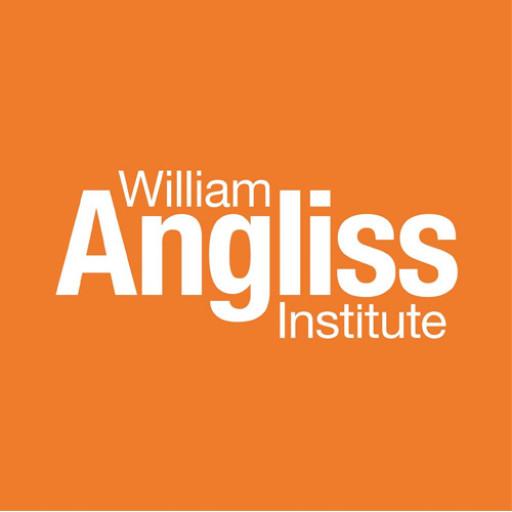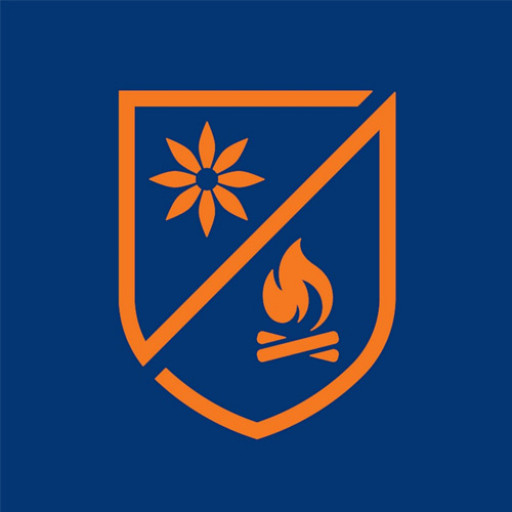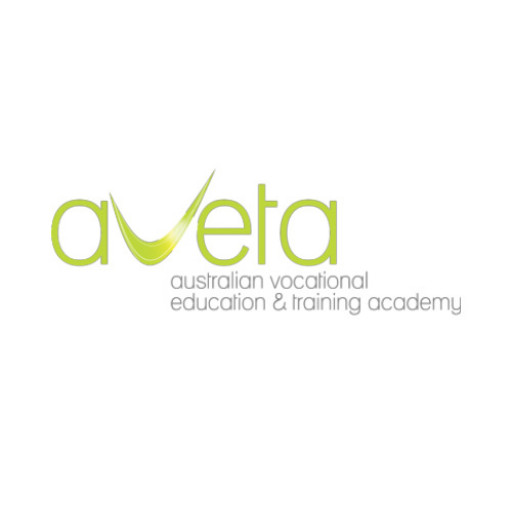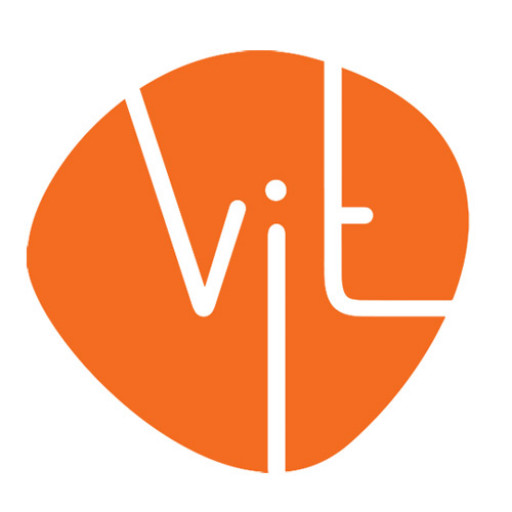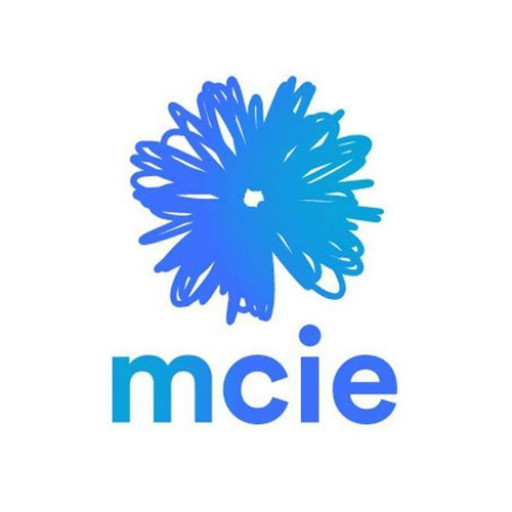Commercial Cookery at William Angliss Institute offers a practical and industry-focused educational experience designed to equip students with the essential skills and knowledge required to succeed in the dynamic hospitality sector. This program provides comprehensive training in culinary arts, emphasizing hands-on learning through real-world kitchen environments. Students will develop proficiency in a wide range of cooking techniques, food preparation methods, and presentation skills, ensuring they are well-prepared to meet the demands of the professional kitchen. The curriculum covers fundamental areas such as food safety and hygiene, nutrition, menu planning, and kitchen management, alongside specialized skills in pastry, bakery, and international cuisines. Throughout the course, students will engage in numerous practical sessions, working with industry-standard equipment and ingredients to enhance their craftsmanship and confidence. The program also includes opportunities for work placement, enabling students to gain invaluable industry experience and build professional networks. By completing this qualification, graduates will be competent in preparing high-quality dishes, managing kitchen operations, and adhering to safety standards. The Commercial Cookery program aims to prepare students for employment as qualified cooks or chef assistants in a variety of settings including restaurants, hotels, cafes, and catering services. With its strong emphasis on practical skills and industry readiness, this program prepares graduates to meet the evolving needs of the hospitality industry, ensuring they are employable and capable of advancing their careers in the culinary arts.
The Commercial Cookery program at William Angliss Institute provides students with comprehensive culinary skills and industry knowledge necessary to excel in a competitive hospitality environment. This program is designed to equip aspiring chefs with practical experience in a wide range of cooking techniques, food preparation methods, and kitchen management skills. Throughout the course, students engage in hands-on training in modern kitchen facilities, allowing them to develop confidence and proficiency in preparing diverse cuisines, including international dishes, traditional Australian fare, and contemporary culinary trends.
The curriculum covers essential areas such as knife skills, cooking methods (boiling, roasting, grilling, sautéing, frying), pastry and bakery production, and seafood preparation. Students also learn about food safety and hygiene standards, cost control, menu planning, and stock management, which are critical for operating efficiently in commercial kitchens. Emphasis is placed on developing teamwork, communication, and leadership skills, preparing graduates for roles such as chefs de partie or head chefs in restaurants, hotels, and catering businesses.
Throughout the program, students participate in practical assessments, industry placements, and project work to apply their skills in real-world scenarios. The course also aims to foster creativity and innovation in food presentation and flavor combinations, encouraging students to develop their own culinary style. Upon successful completion, graduates are awarded a Certificate III in Commercial Cookery, qualifying them to work in various culinary environments or to pursue further culinary studies.
William Angliss Institute’s Commercial Cookery program is recognized for its industry relevance, experienced teaching staff, and state-of-the-art facilities. It provides a solid foundation for a rewarding career in the hospitality sector, combining theoretical knowledge with practical expertise to meet the demands of modern food service industries.
Program requirements for the Commercial Cookery diploma at William Angliss Institute include a combination of core competencies, practical skills, and theoretical knowledge. Applicants are typically required to possess a minimum of Year 10 or equivalent education as a baseline for entry; however, relevant industry experience may be considered in lieu of formal academic qualifications. Prospective students must demonstrate a keen interest in culinary arts, along with basic literacy and numeracy skills to follow recipes, manage kitchen operations, and adhere to safety standards. Prior experience in hospitality or commercial kitchens can be advantageous but is not mandatory, as the program is designed to cater to beginners and those seeking to formalize their skills.
International students are required to meet English language proficiency requirements, generally achieving an IELTS score of 5.5 or higher, or equivalent, to ensure they can participate fully in classroom activities and practical assessments. The program is structured to include both theoretical coursework and extensive practical training; therefore, students must be able to attend both classroom sessions and practical kitchen classes, which may involve early mornings, late evenings, and weekend shifts to simulate industry conditions. Health and safety standards are strictly enforced, and students are expected to adhere to all workplace health and safety legislation, including wearing appropriate clothing such as chef's whites and protective gear during practical assessments.
Enrollment also requires students to complete any necessary pre-placement health checks, hold current certifications as required by local legislation—such as food handling and hygiene certificates—and sign commitments to uphold the institute’s codes of conduct and professional standards. Some courses might additionally require students to undertake background checks or submit reference letters demonstrating their motivation and suitability for a career in commercial cookery. Overall, prospective students should be prepared for a rigorous and immersive learning experience that blends hands-on culinary practice with industry-relevant theoretical knowledge, preparing them for employment in various sectors within the hospitality industry.
Tuition fees for the Commercial Cookery program at William Angliss Institute vary depending on the student’s residency status and enrollment type. For international students, the indicative annual tuition fee is approximately AUD 15,000, but this may differ based on the specific course load and duration. Domestic students enrolled through government subsidized programs may pay significantly lower fees, often in the range of AUD 3,000 to AUD 5,000 per year under Victoria’s TAFE subsidy schemes. Additional costs include registration fees, materials, and equipment, which can amount to approximately AUD 1,500 to AUD 2,500 over the course duration.
Funding options are available to eligible students. Domestic students might access government financial assistance such as VET Student Loans, which cover part of the tuition fees for eligible courses, reducing out-of-pocket expenses. For international students, securing scholarships or financial aid might be limited, but some private scholarships or institution-specific grants may be available, subject to application and eligibility criteria.
Students should also consider costs related to living expenses, including accommodation, transportation, and personal expenses, which are not covered by tuition fees. The institute offers various payment plans, allowing students to pay tuition fees in installments, making studies more affordable.
Funding and financing options can change annually and depend on government policies, so prospective students are advised to contact William Angliss Institute directly or visit their official website for the most current information. Additionally, students are encouraged to explore external scholarships, loans, and financial planning resources to support their studies in Commercial Cookery.
Commercial Cookery at William Angliss Institute, TAFE VIC offers students comprehensive training in the culinary arts, focusing on the skills needed for a successful career in the hospitality and foodservice industry. This program aims to develop competent chefs who can operate in a variety of culinary environments, from restaurants and hotels to catering and event management. Courses typically include practical cookery skills, food safety and hygiene practices, menu planning, kitchen management, and an understanding of food trends and customer preferences. The program often incorporates both hands-on training in state-of-the-art kitchens and theoretical coursework, ensuring students gain real-world experience alongside academic knowledge.
Students enrolled in this program have access to industry-standard facilities, including professional kitchens, testing kitchens, and workshops that mimic real culinary workplaces. The curriculum is designed to meet industry standards and often aligns with national qualification frameworks, providing pathways to nationally recognized certificates and diplomas. As part of their training, students might engage in industry placements, internships, or work placements to build practical experience and industry connections, which are essential for employment after graduation.
Graduates from William Angliss Institute’s Commercial Cookery program are prepared for various roles within the hospitality sector, such as line cooks, pastry chefs, station cooks, or culinary assistants. The program's emphasis on both technical skills and professional development ensures that students are ready to meet the demands of dynamic foodservice environments. Additionally, the program may offer pathways for further study, such as advanced diploma courses or specialized culinary certificates, enabling continuous career development.
William Angliss Institute’s reputation for hospitality and culinary education, combined with a focus on employability and skills development, makes this program a preferred choice for aspiring chefs. The institute also emphasizes sustainability and innovation in food preparation and presentation, ensuring graduates stay current with industry trends. Overall, the Commercial Cookery program aims to equip students with the knowledge, skills, and confidence to succeed in the competitive culinary industry and to contribute positively to Australia's vibrant hospitality and foodservice sectors.
